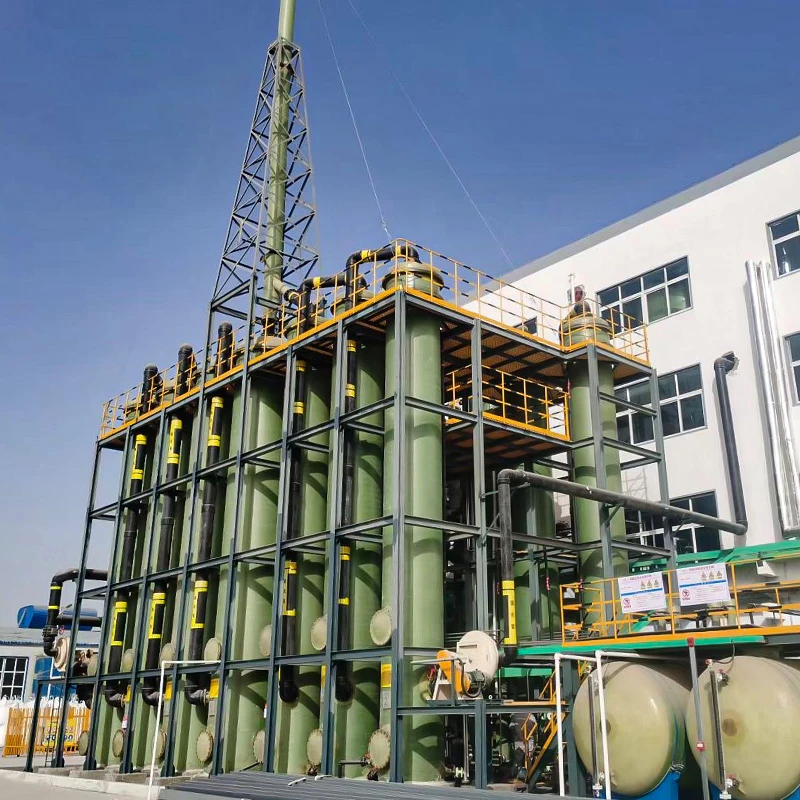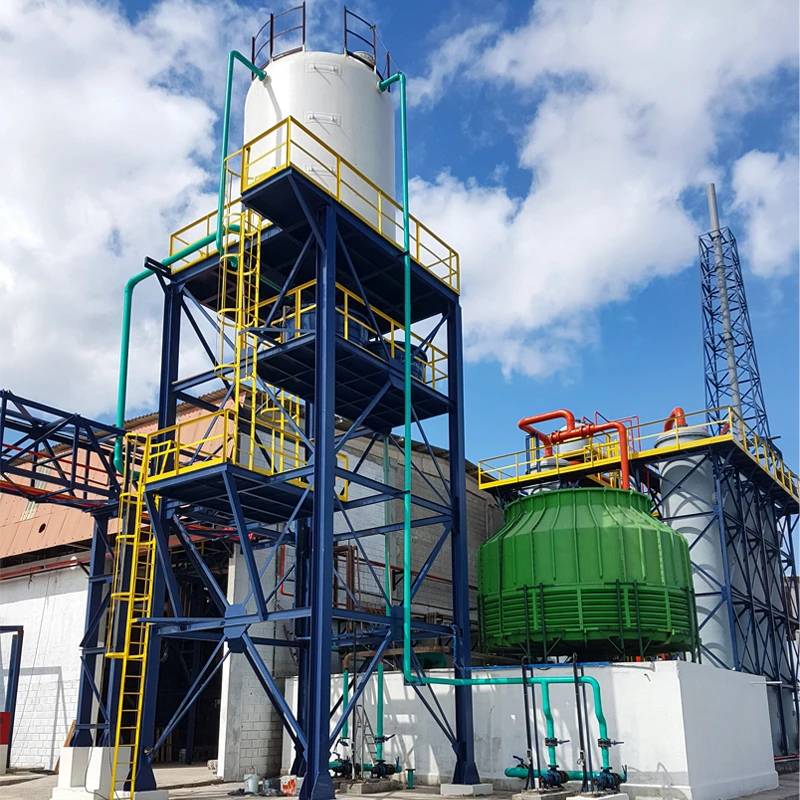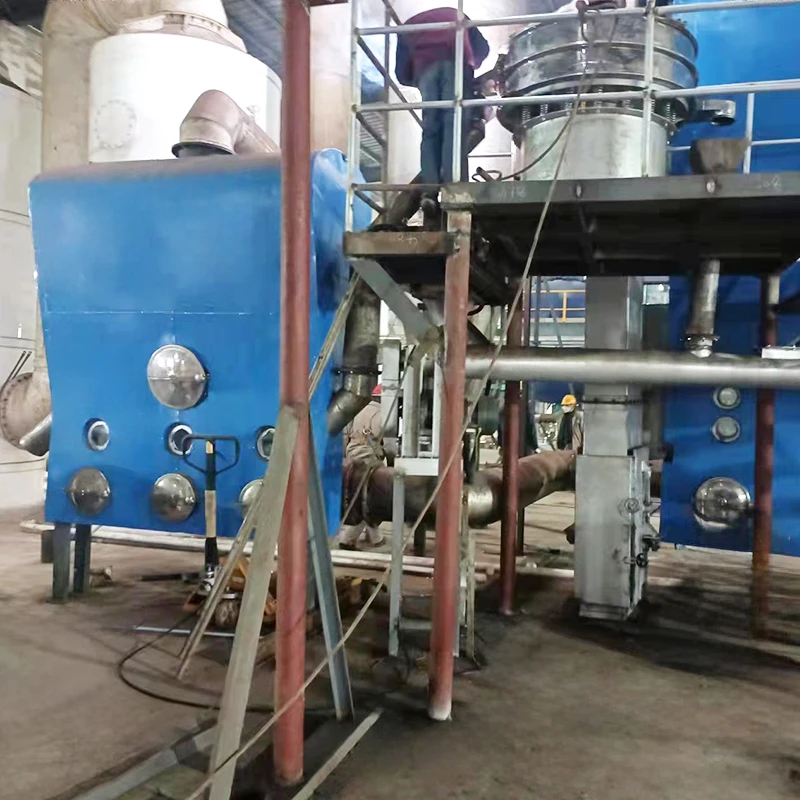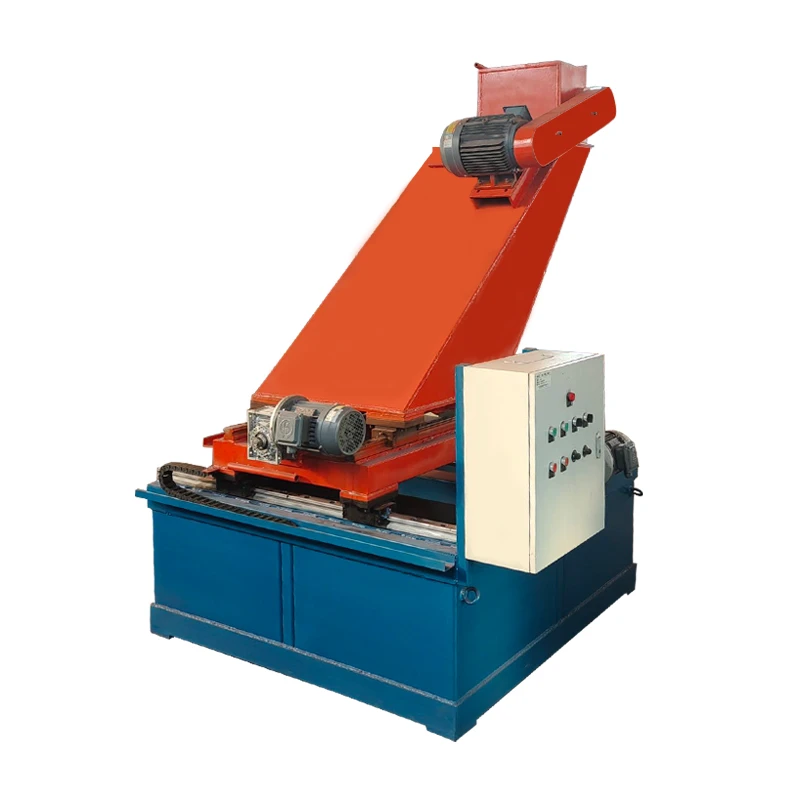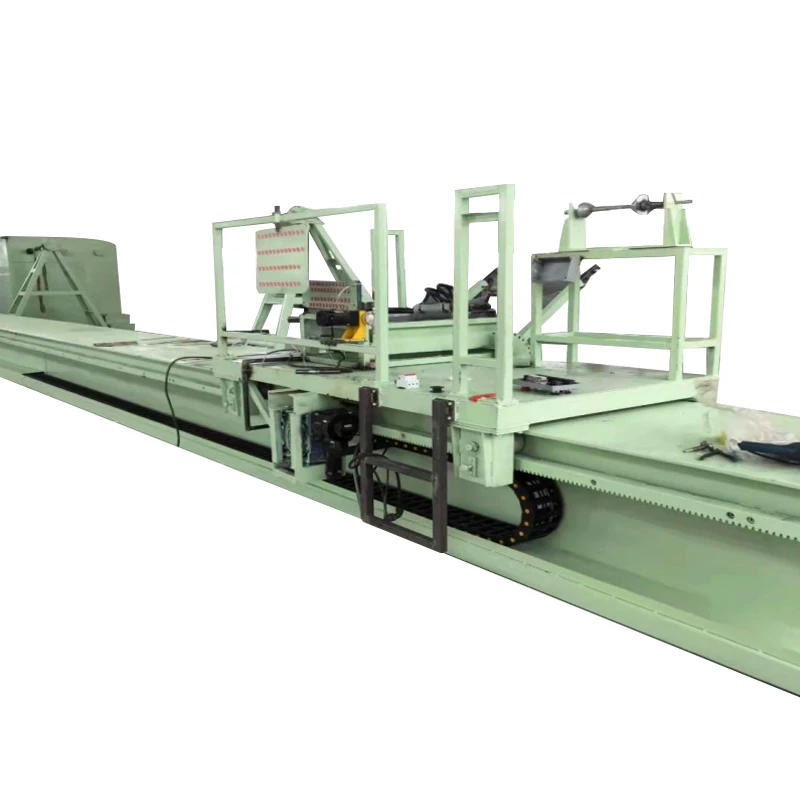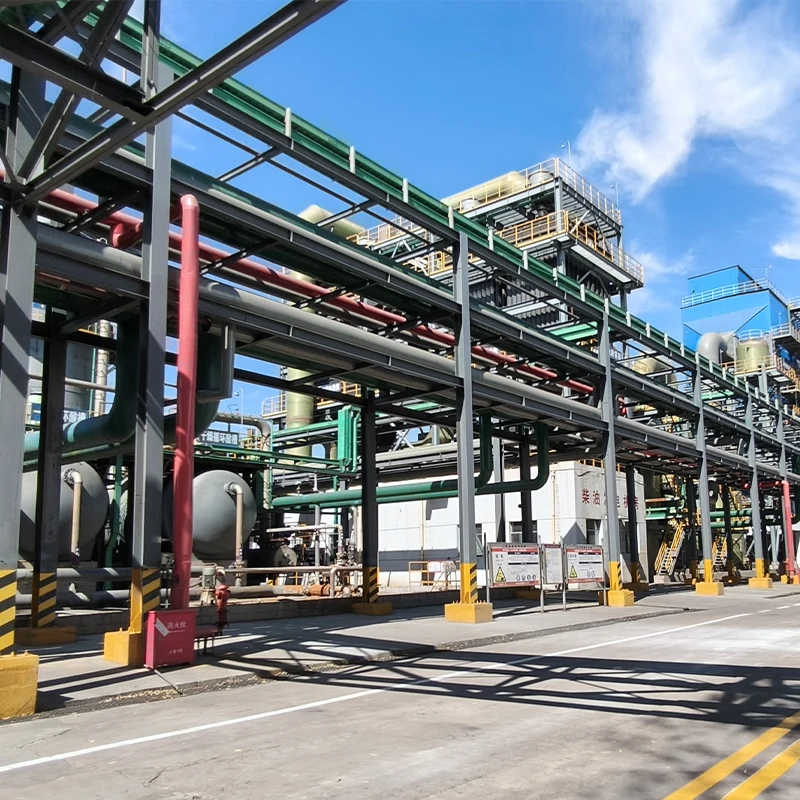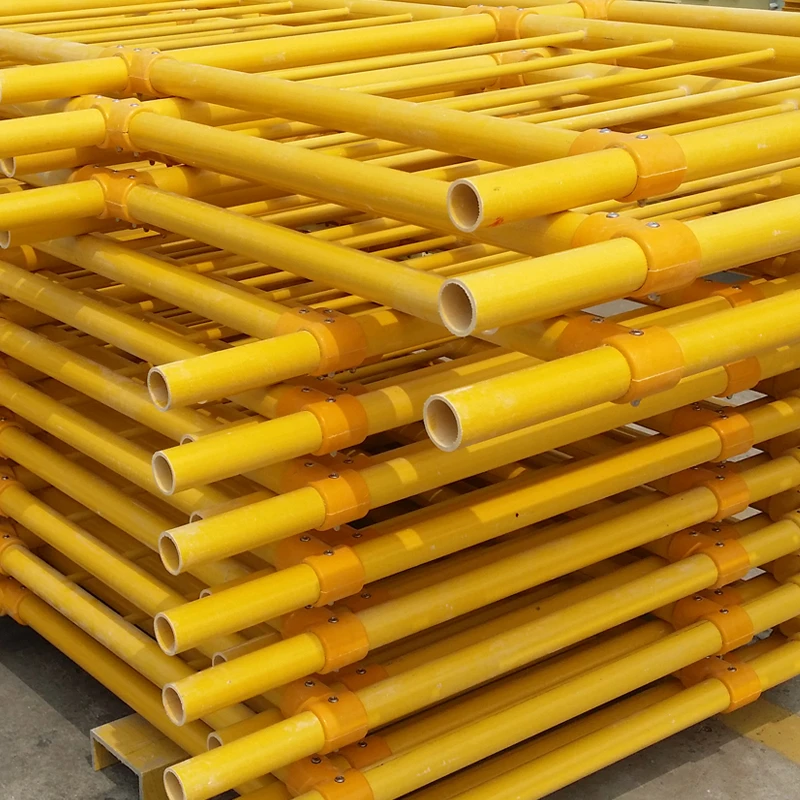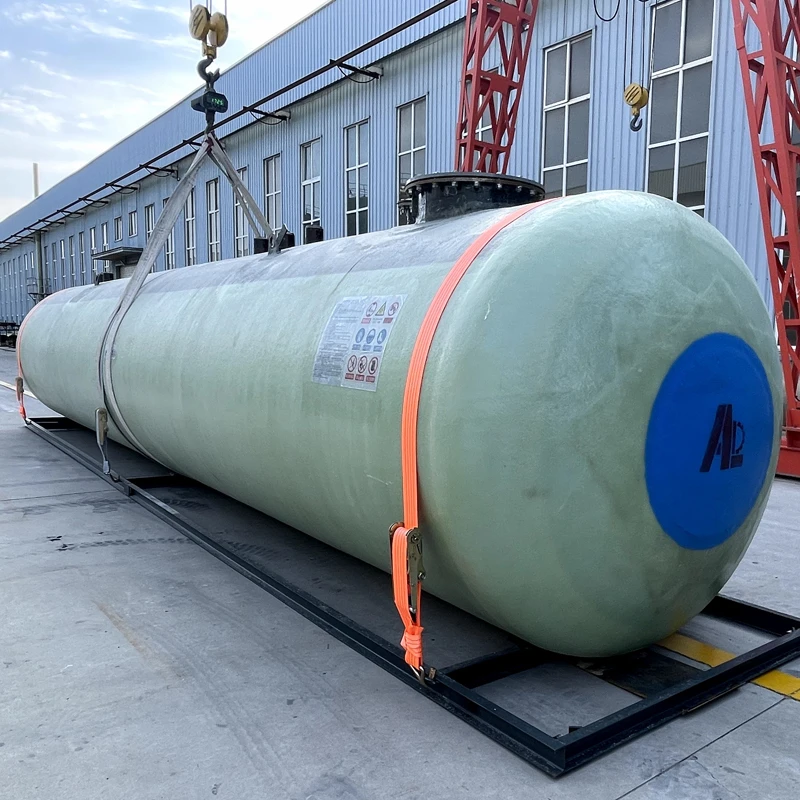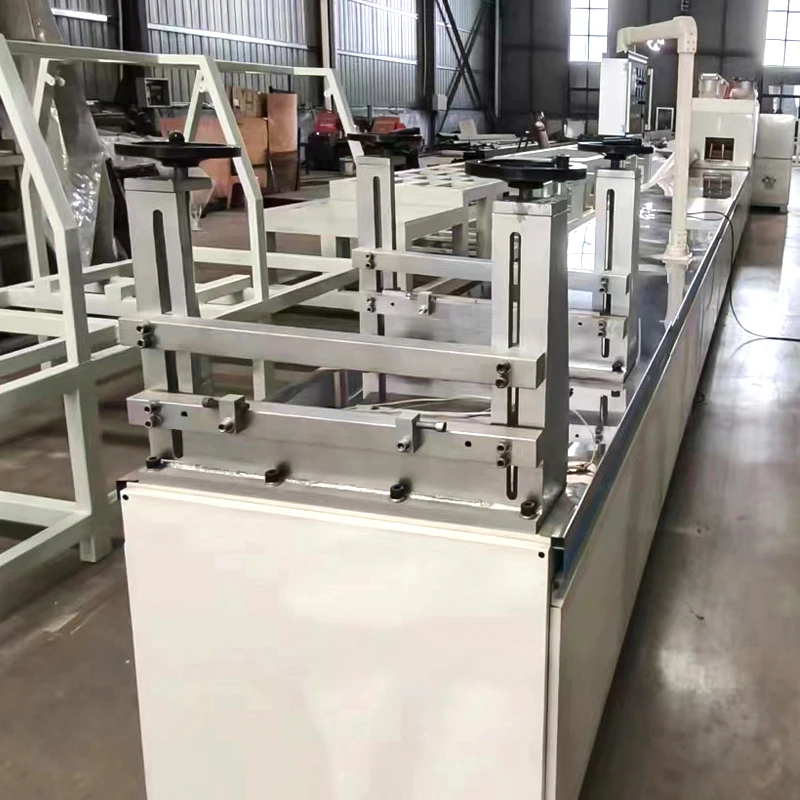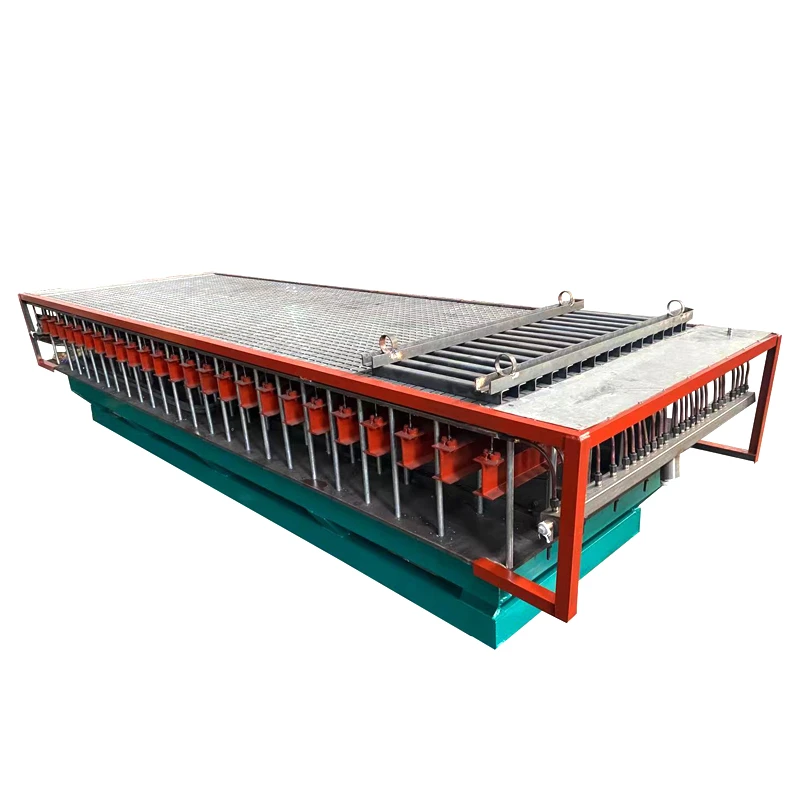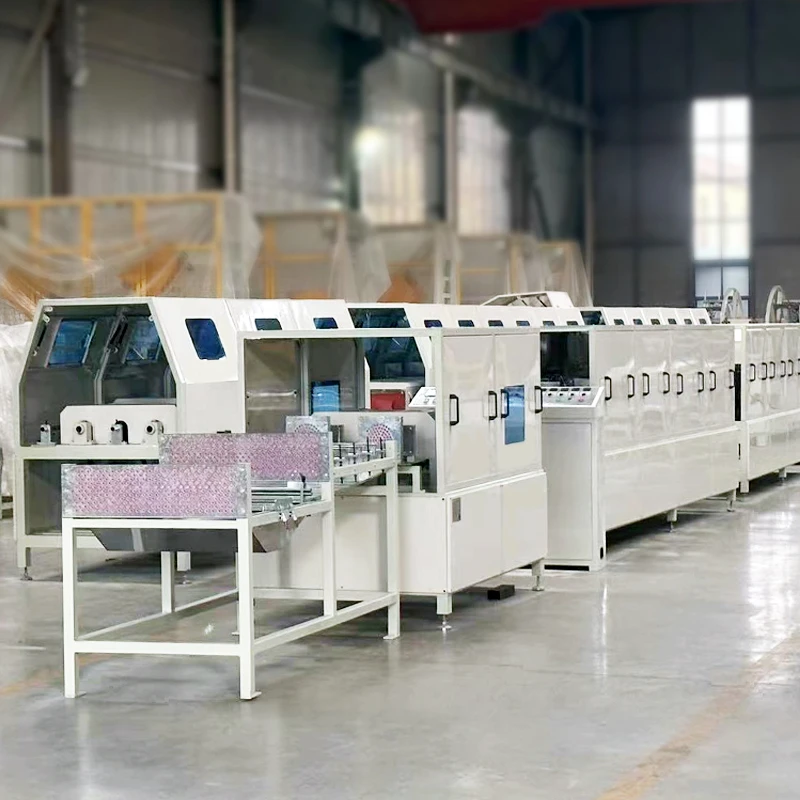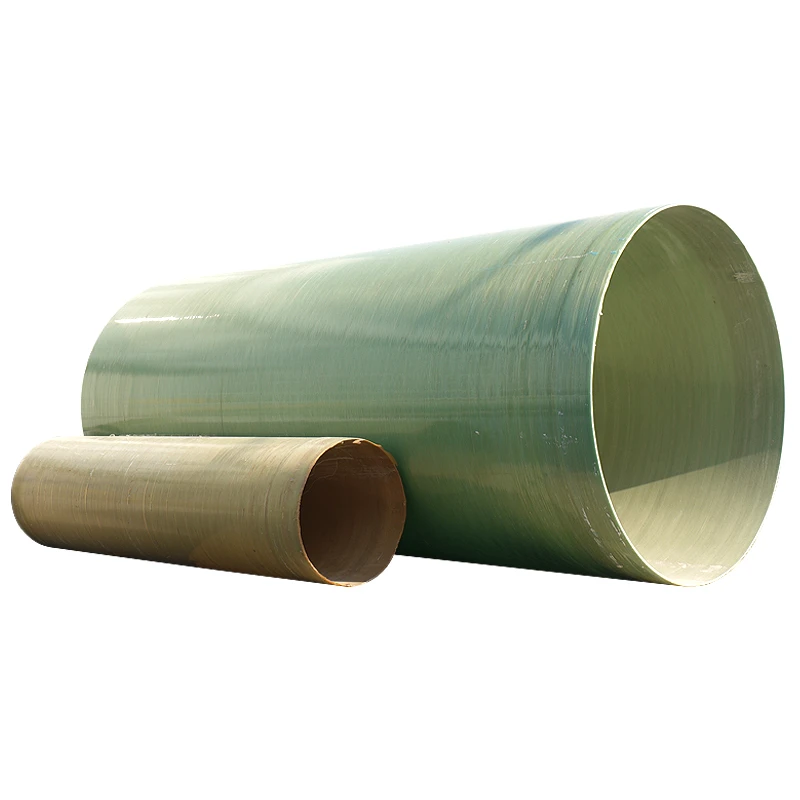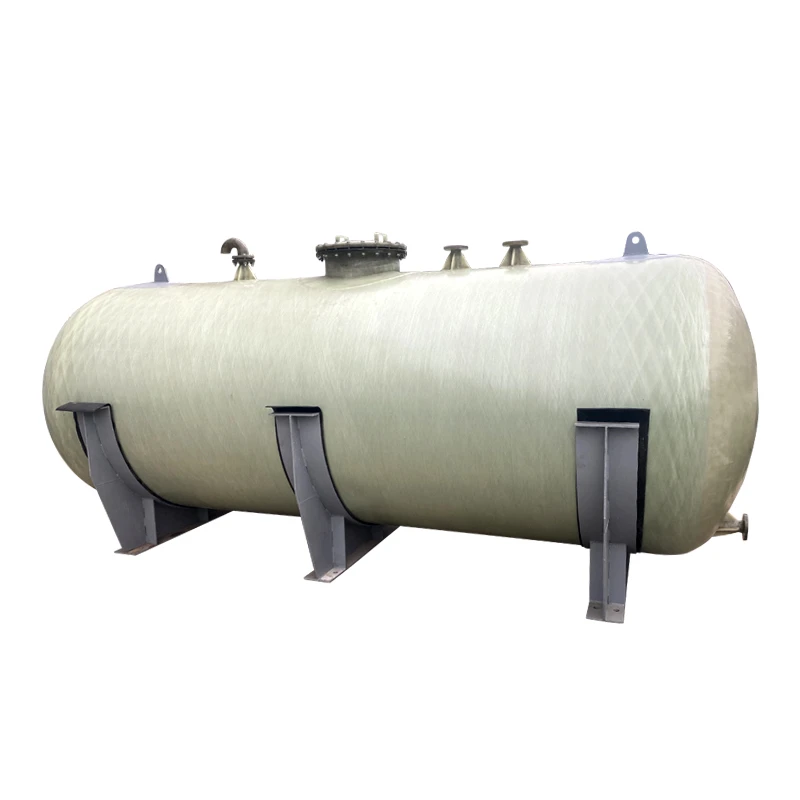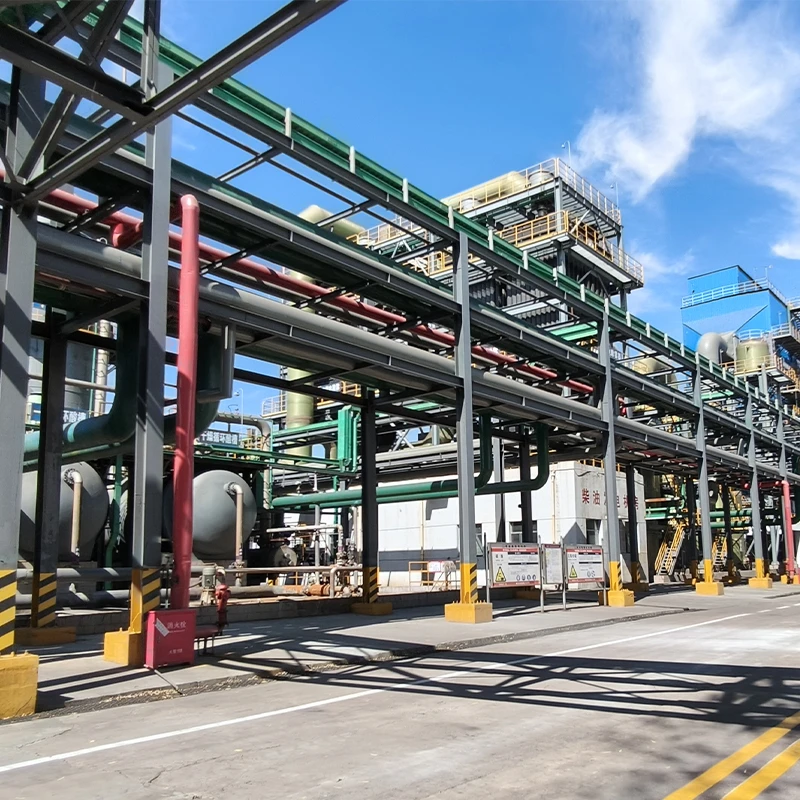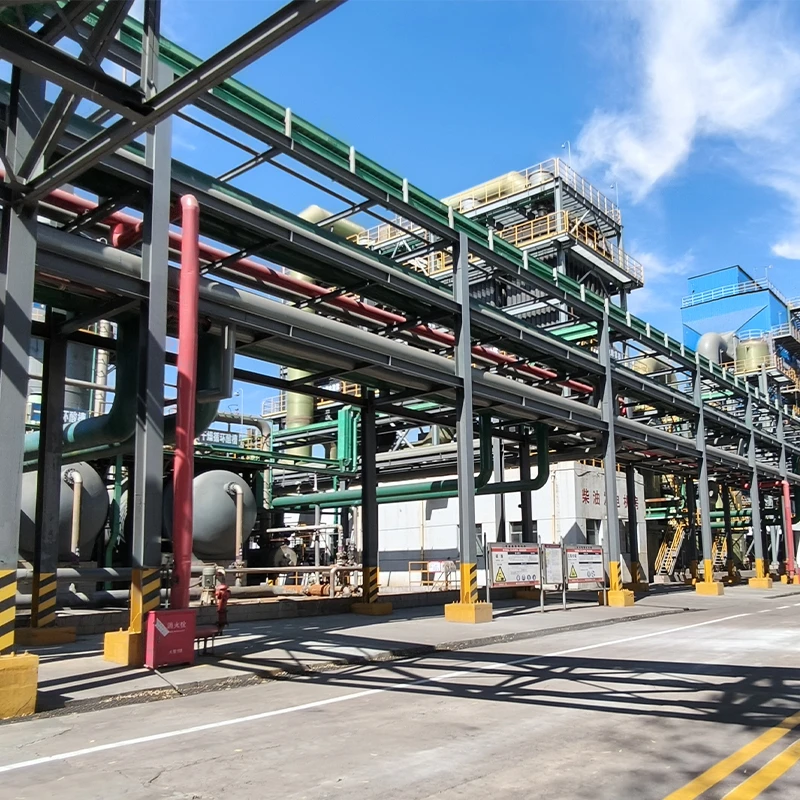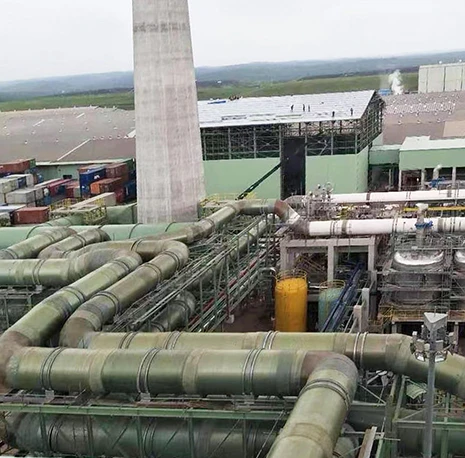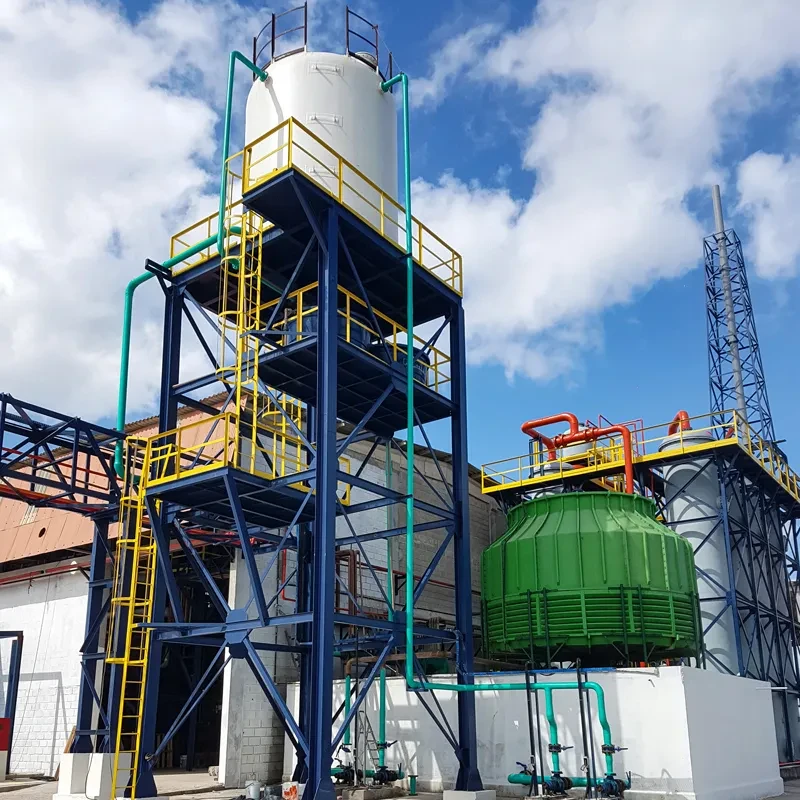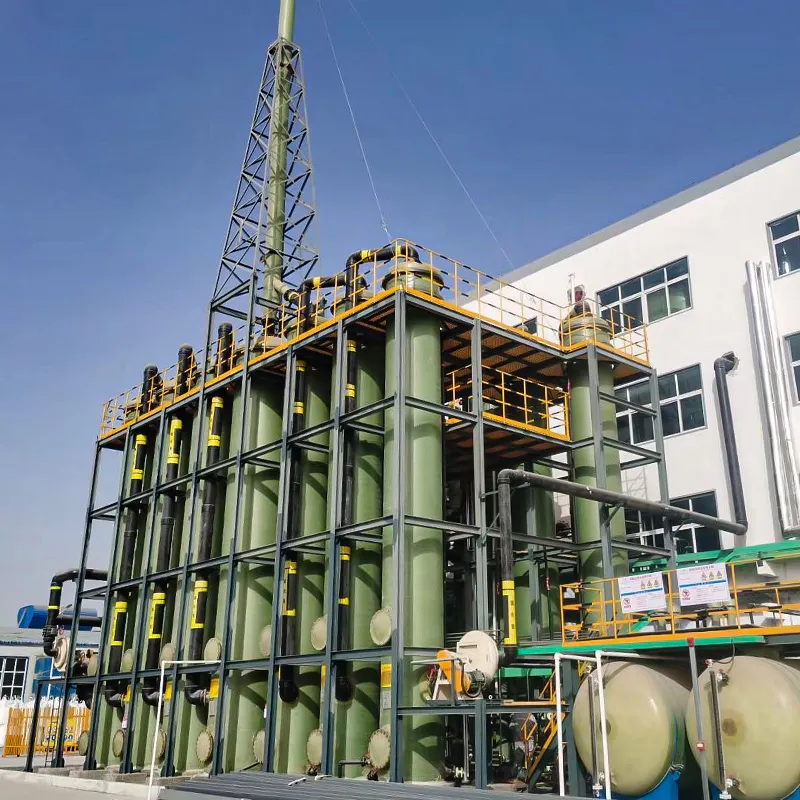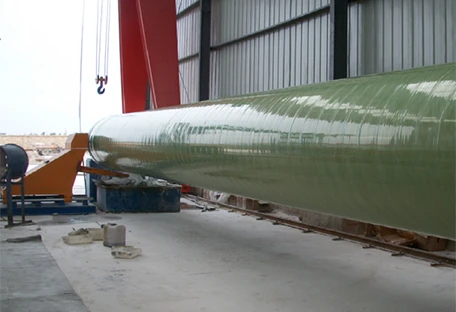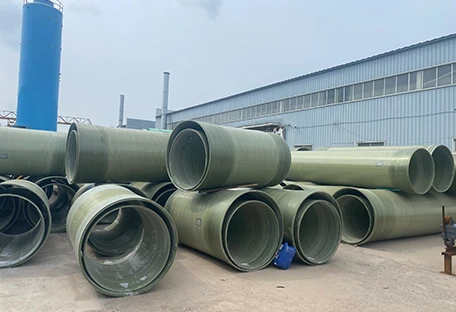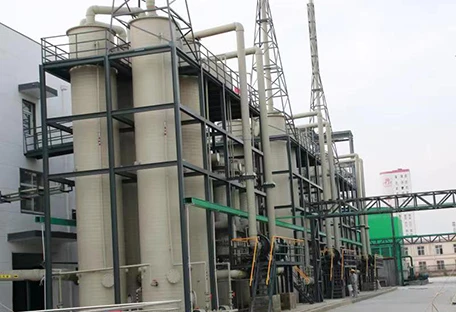Applications And Quality Testing Of Frp Pipes
FRP pipes, also known as Fiberglass Reinforced Plastic pipes or GRP pipes, are made by combining fiberglass and its products as reinforcement materials with synthetic resin as the base material. They are produced through processes such as fixed-length winding, centrifugal casting, and continuous winding. FRP pipes are lightweight, high-strength, corrosion-resistant, and non-metallic.
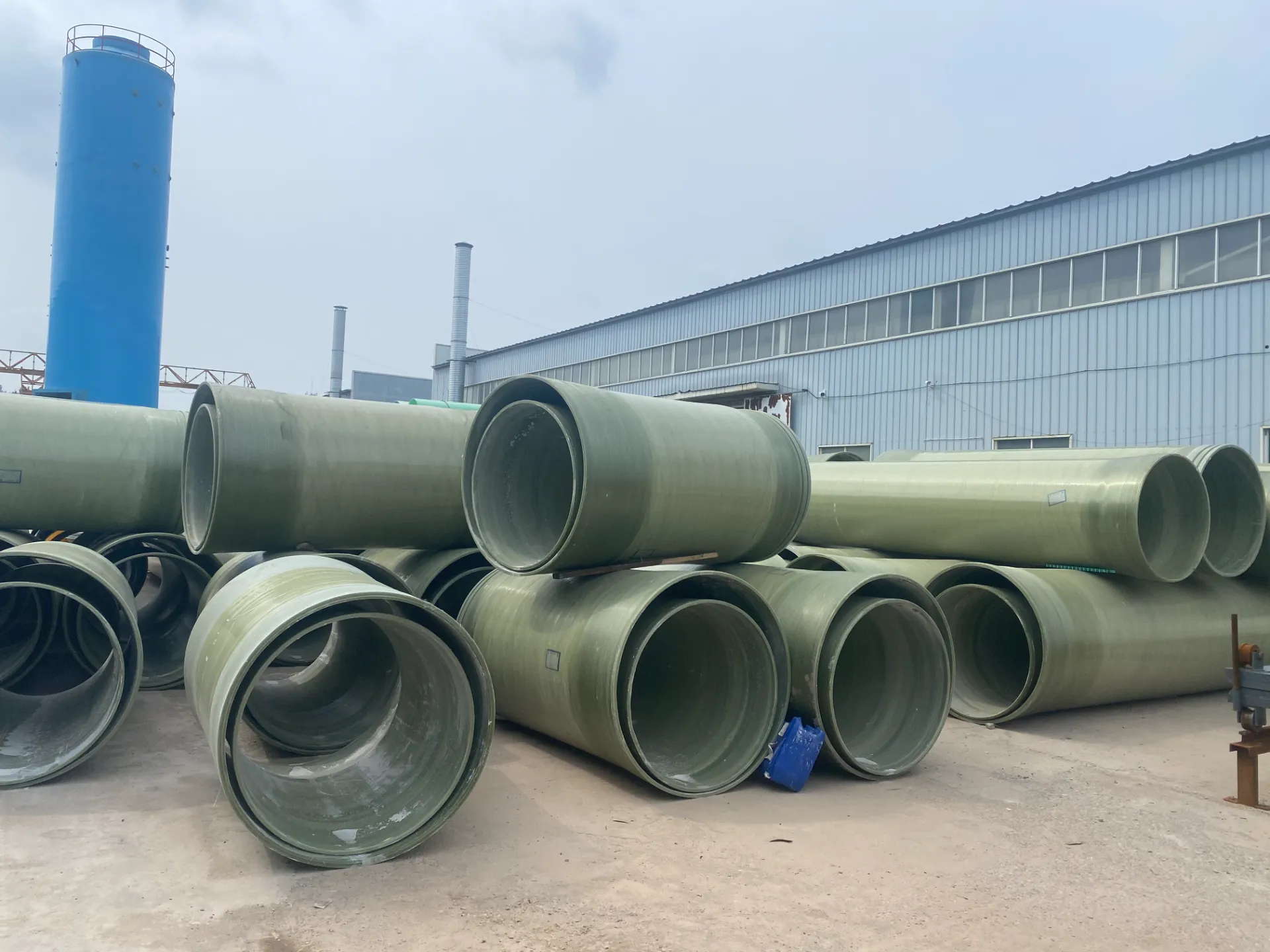
Applications
As a new composite material product, FRP pipes have been widely adopted across various industries due to their performance advantages, including shipbuilding, marine engineering, petrochemical, natural gas, power, water supply and drainage, and nuclear power sectors. The scope of their application continues to expand.
- 1、Power Industry
FRP pipes have strong compressive strength, smooth inner walls, and low friction coefficients. These properties prevent damage to cables during installation and provide protection for power and communication cables when underground facilities face external pressure or collisions. In the power industry, FRP pipes are not only used as cable protection conduits but also for circulating water pipes and other applications.
- 2、Chemical Industry
Many substances in the chemical industry are highly corrosive to traditional metal pipes. Due to their excellent corrosion resistance, FRP pipes effectively resist such corrosive effects, making them ideal for transporting corrosive chemicals, such as acids, alkalis, salts, and corrosive gases. They are widely used in industries like fertilizers, petroleum, pharmaceuticals, and coatings, playing a crucial role in ensuring production safety.
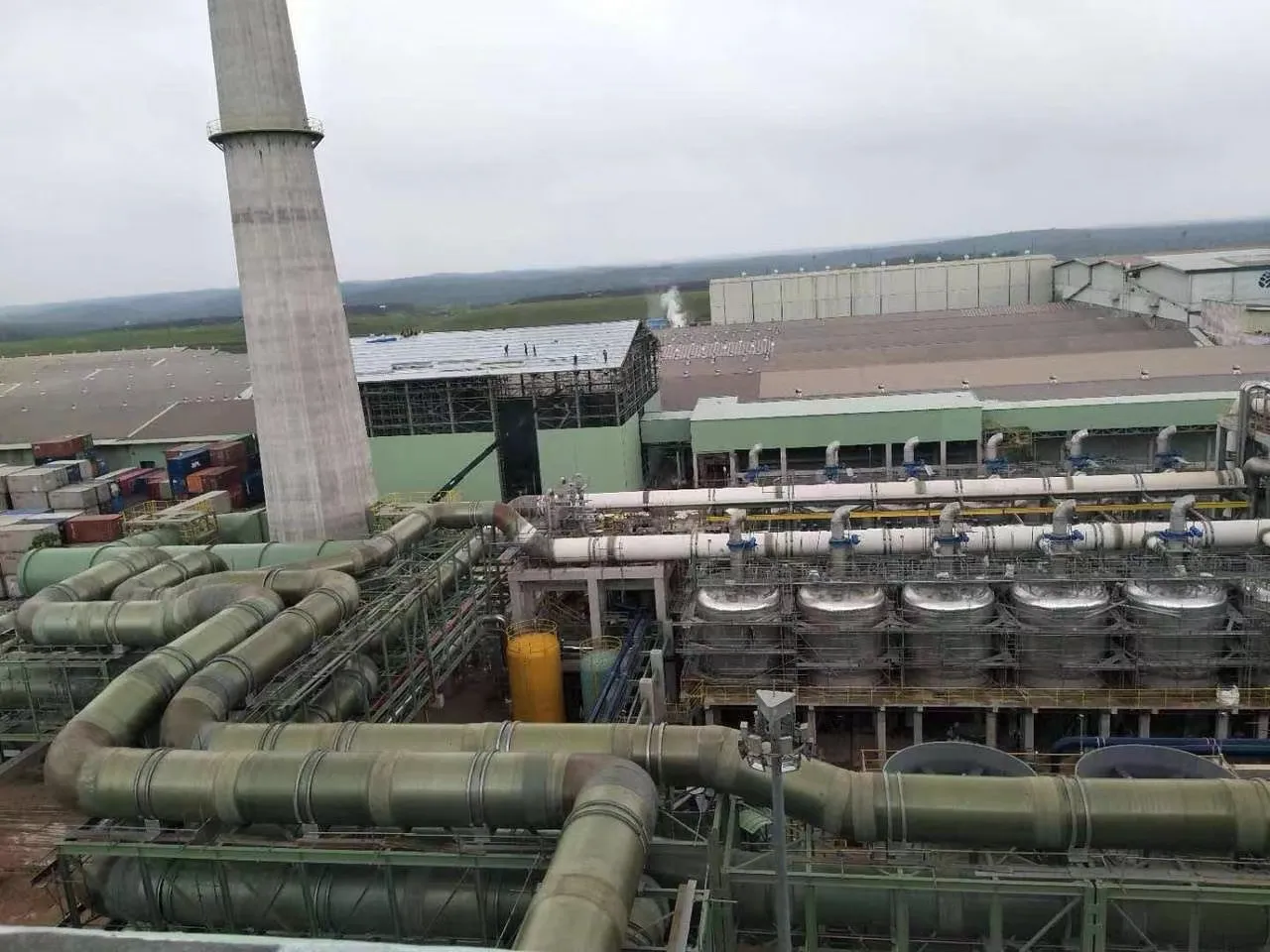
- 3、Municipal Engineering
FRP pipes are used in urban water supply, drainage, and sewage treatment systems. Their smooth inner walls reduce the risk of blockages and wear. FRP pipes perform excellently in conveying municipal sewage and industrial wastewater, making them suitable for a variety of installation methods, such as aerial and underground pipe laying.
- 4、Agricultural Sector
FRP pipes are widely used in agriculture, effectively preventing issues such as leakage and pipe damage caused by corrosion from soil salts, acidic substances, and other factors. In agricultural greenhouses, they are used for ventilation systems that help regulate indoor temperature, humidity, and airflow.
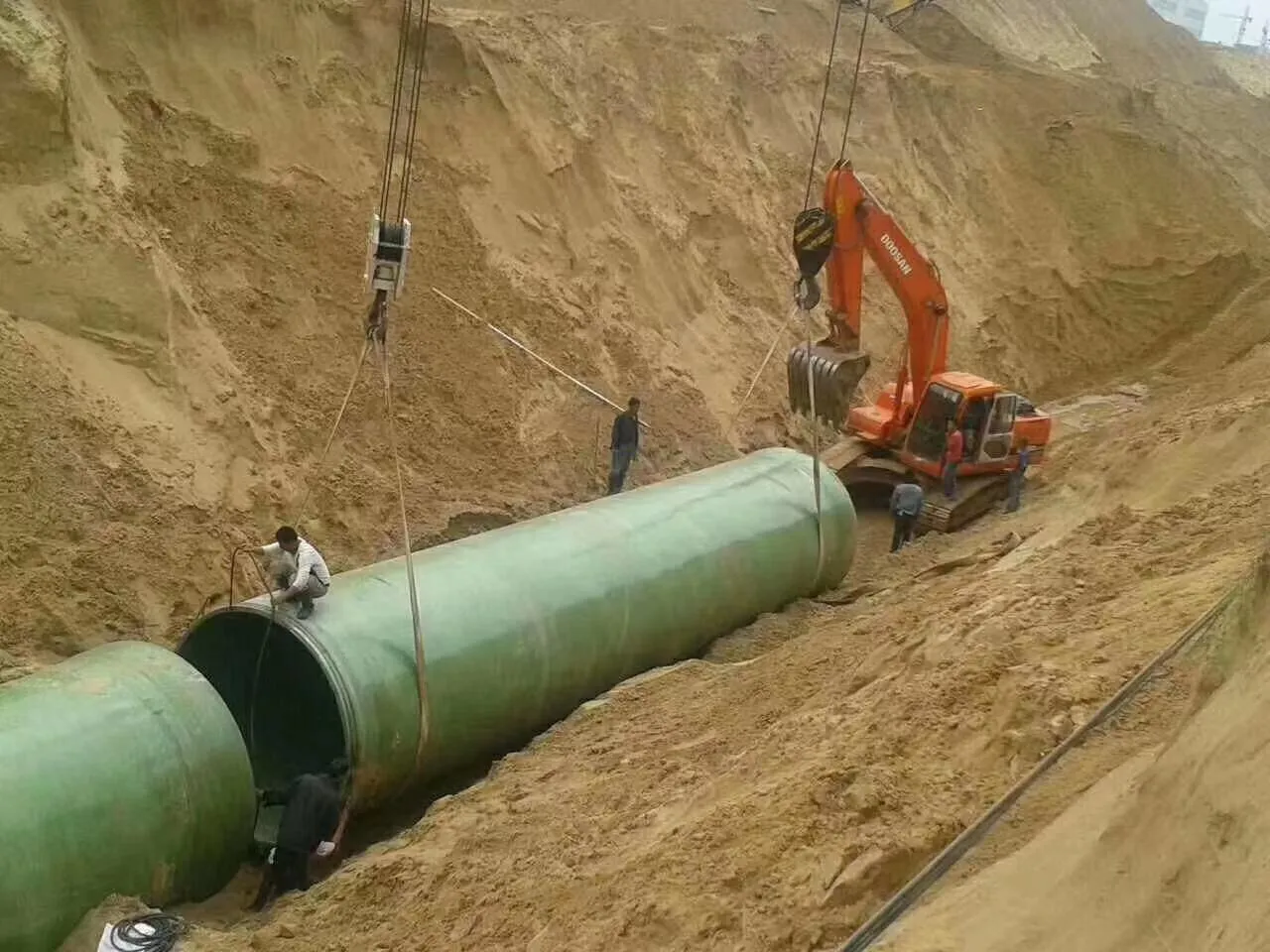
Quality Testing
Quality testing of FRP pipes spans several stages, including product development, production, transportation, and installation. Especially during the construction phase, when the pipes arrive on-site, enhancing quality testing is crucial to controlling project quality and reducing unnecessary economic and time costs.
Quality testing for FRP pipes covers various aspects such as appearance quality, dimensions, Barcol hardness, resin insoluble content, pipe wall composition percentage, water pressure leakage performance, initial ring stiffness, initial hoop tensile strength, initial axial tensile strength, fracture strain, initial flexural strength, bending strength, friction coefficient, load deformation temperature, thermal conductivity, flame retardant properties, surface resistivity, and more.
Since FRP pipes may be subject to different technical standards based on their specific application fields, quality testing should be carried out according to the actual product and project requirements. For example, for fire-resistant FRP protection pipes used for cables, the oxygen index is an important quality control parameter. However, if there are no flame retardant requirements, this parameter does not need to be tested.
In addition to testing the finished products, controlling the quality of raw materials used in FRP pipes is a critical precondition to ensuring that the final product meets the required standards. The quality of the raw materials should not be overlooked.
Conclusion
With the advancement of production technology, the performance of different types of FRP pipes has shown significant improvements, enabling them to meet more diverse application needs. As a result, the use of FRP pipes in high-tech fields, such as aerospace and military industries, is gaining increasing attention from enterprises. Regardless of the application area, quality control remains a crucial issue. By applying scientific methods and techniques and strengthening quality testing, including using customized solutions for comprehensive evaluation, ensuring the proper use of FRP pipes is essential.

